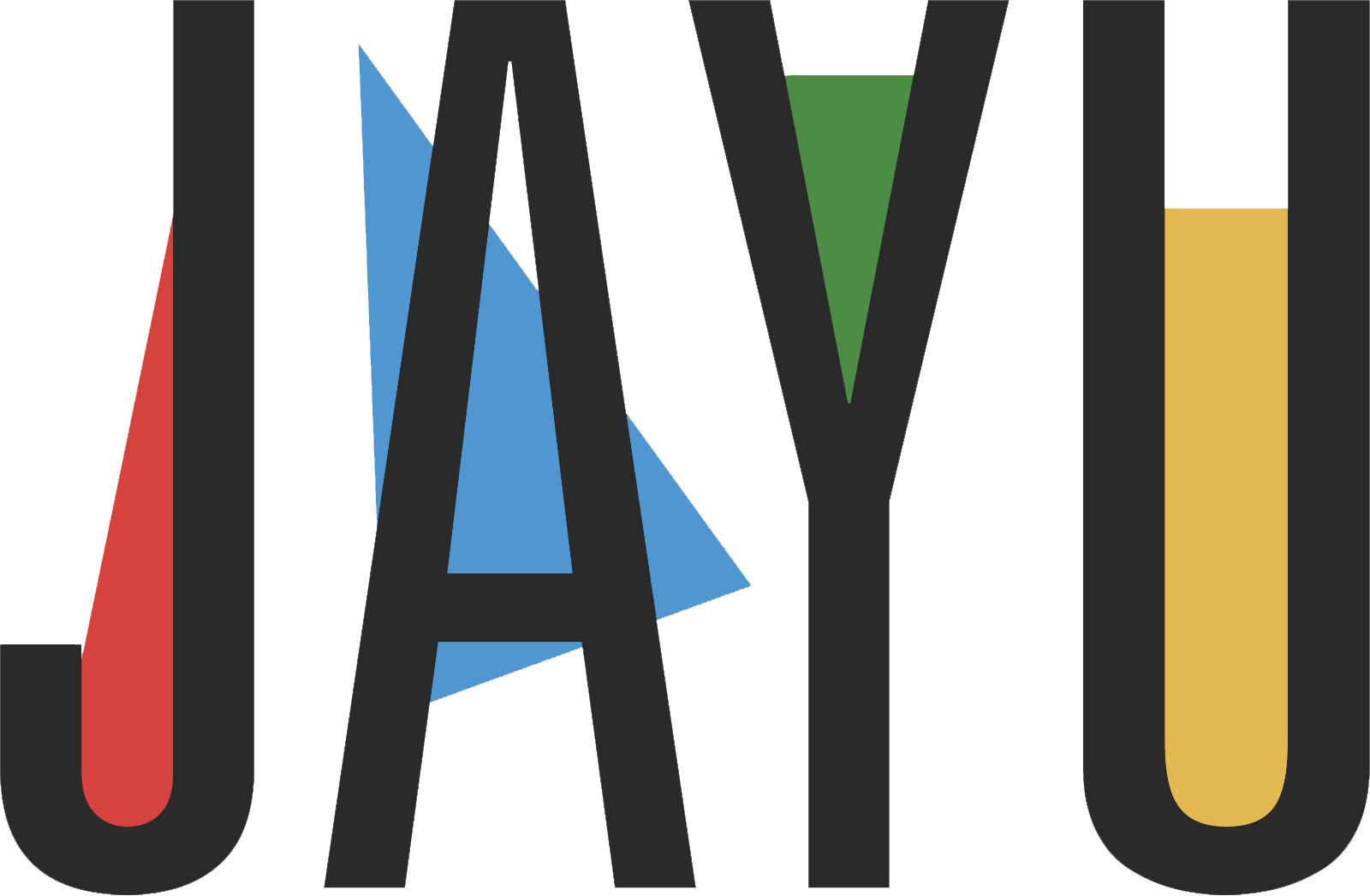Screw You Jeff Bezos: COVID-19 and Ethical Consumption
As we start a new academic semester, we have to admit one thing: with classes come costs. From tuition to textbooks, it seems like we’re always spending money. When we can find a cheaper option to get the resources we need, we jump at the chance. Completing a semester during a pandemic, this has become an even larger concern. Sometimes, that means buying from online sites like Amazon despite our best efforts to avoid the well-known multinational company. We want to make the right choices, but we aren’t in a financially secure place to do so. This is the dilemma of ethical consumption.
In short, ethical consumption is all about buying products that have a positive impact on the world. This movement to make more informed purchases began in the 1950s and 1960s as fair trade became popularized through global initiatives. Today, ethical consumption still influences our purchasing choices. Instead of buying that shirt from the clothing brand where factory workers aren’t paid a living wage and experience terrible working conditions, we may opt to buy a more expensive shirt from a local store instead. As consumers, where we put our money has a huge influence on the decisions a company makes. Companies run on profits, so when their money engine begins to slow down, they may realize that they’re doing something wrong. Their solution is to make changes or keep going the way they are. Ethical consumption seems simple, but when broken down, it’s not as easy in practice as it looks.
For one thing, practising ethical consumption is just too expensive for some. When we’re buying from more ethical stores and companies, the prices tend to be higher. Ethical consumption is not a viable option for those living on the poverty line, which tends to put the onus on the less fortunate to change the system. Large corporations provide a much easier way to purchase items that the marginalized and impoverished need. Although their practices are unethical, they build a monopoly where some consumers have no other choice but to buy from them. This is especially true during the pandemic, where many are facing financial struggles. For example, Amazon has been exploring ways to deliver packages to rural regions in the United States instead of relying on the US Postal Service. As well, recipients of the Supplemental Nutrition Assistance Program (SNAP) for food stamps in the United States found that they are only accepted on certain online shopping sites, including Amazon and Walmart.
As these corporations take a larger hold on our lives, the gap between the rich and poor grows even further. Marginalized communities in Canada have been impacted significantly: Canadian women aged 25 to 54 were found to be twice as likely to lose their job compared to men, and racialized and immigrant women were found to be more likely to hold low-paying essential jobs without benefits or sick leave. Meanwhile, Amazon CEO Jeff Bezos can afford to give all his employees about $100,000 and still be as rich as he was at the beginning of the pandemic. As well, retail chain Target reported its largest ever quarterly sales percentage increase in August of 2020, and Walmart e-commerce sales doubled during the same time.
It is multinational corporations and online retailers that provide the only option for many people around the world, yet they perpetuate socioeconomic inequalities even further. The truth is that ethical consumption is a luxury for those that can afford to make the “ethical” purchase. Telling people to practice ethical consumption is not going to solve the deep-seeded societal problems that have always existed. Eliminating inequalities and unethical practices in society begins with systemic changes that support people while putting corporations in line. This starts with changes to increase wages, address systemic racism, and focus on providing better job opportunities to marginalized groups. The burden should no longer be placed on those who are struggling to lift themselves up.
So, if you feel guilty about buying that textbook off of Amazon, just know that your buying power is not the only way to make a difference. The real change goes beyond the purchase.
